Data of Analysis Definition: Unlock the Power of Insights by Rapid Phone Center
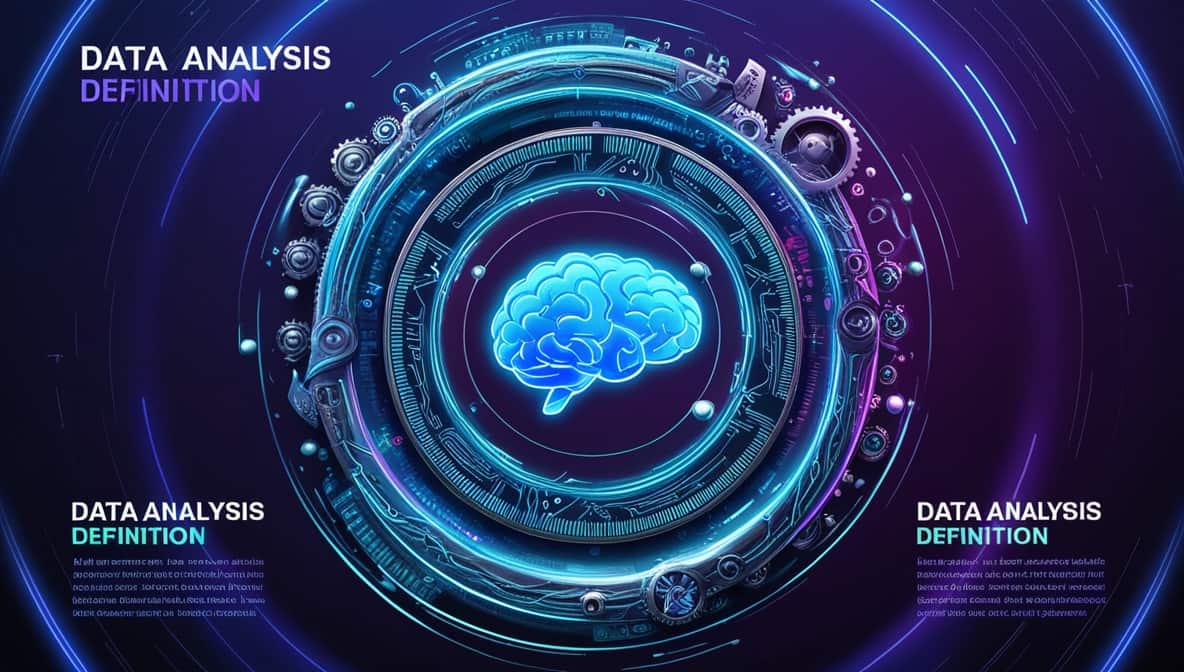
Data of Analysis Definition: Unlock the Power of Insights by Rapid Phone Center
Data analysis definition: Discover how to turn raw data into actionable insights. Learn the key steps and tools in this essential guide to mastering data analysis.
In the ever-evolving landscape of technology and research, data analysis serves as the cornerstone for extracting meaningful insights and making informed decisions. Whether you are a professional researcher, a data scientist, or a business leader, understanding the fundamental concepts and tools of data analysis is crucial. This guide, crafted by Rapid Phone Center, explores the definitions and practical aspects of data analysis, providing clarity for all enthusiasts and professionals.
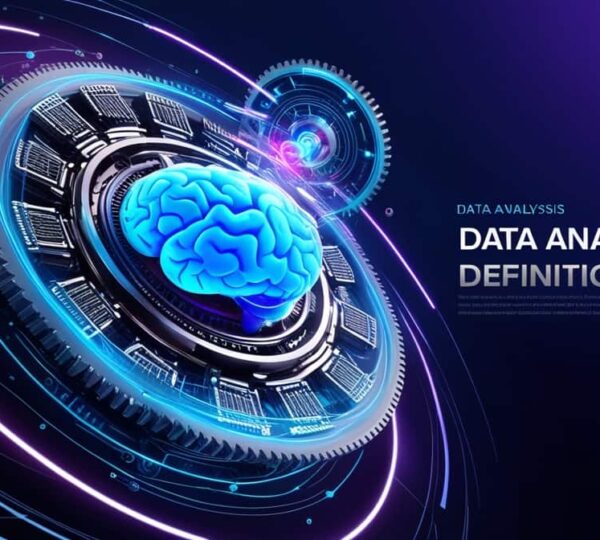
What Is Data Analysis?
At its core, data analysis refers to the systematic process of inspecting, cleaning, transforming, and modeling data to discover useful information, draw conclusions, and support decision-making. The definition of data analysis emphasizes its role as a structured approach to interpreting raw data and uncovering trends or patterns. Interpretation of data in research involves analyzing results to draw meaningful conclusions, guiding decisions and insights for further study.
For clarity, here are the variations of this definition:
- Data analysis definition: The process of examining data sets to extract meaningful information and insights.
- Definition of analysis of data: A systematic approach to studying data for identifying patterns and relationships.
- Definition for data analysis: A methodology used to interpret raw data and provide actionable insights.
- Analysis of data definition: The detailed examination of datasets to discover patterns, trends, and correlations.
- Definition of analysis data: The interpretation and transformation of data to make it useful.
- Analysis data definition: The process of organizing and evaluating data to extract valuable insights.
- The definition of data analysis: The systematic application of techniques to evaluate datasets for decision-making purposes.
Data Analysis in Research: Definitions and Importance
In research, data analysis plays a critical role. It involves the application of statistical and logical techniques to evaluate and summarize data, ensuring that researchers derive meaningful conclusions. Below are specific definitions tailored to research:
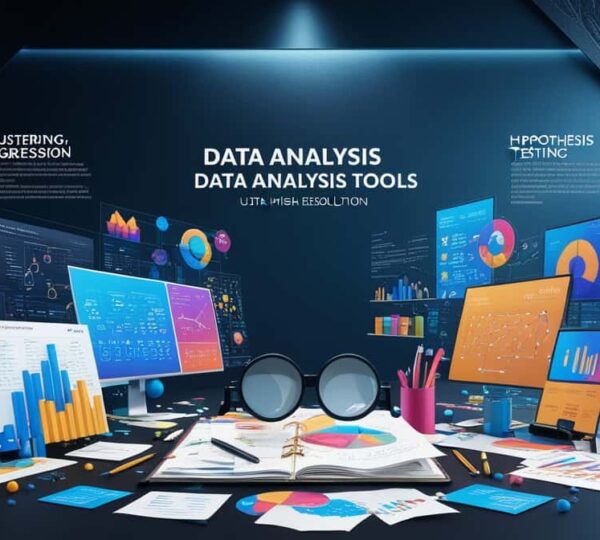
- Data analysis in research definition: The use of statistical tools and methods to interpret data and support research findings.
- Data analysis definition in research: A systematic approach to processing research data for validation and interpretation.
- Definition of data analysis in research: The practice of using quantitative and qualitative methods to evaluate research data.
The importance of data analysis in research lies in its ability to validate hypotheses, uncover trends, and provide actionable insights. It bridges the gap between raw data and meaningful conclusions, ensuring that research outcomes are both accurate and reliable. Exploratory Data Analysis helps uncover patterns, relationships, and insights from datasets, laying the foundation for further analysis.
Exploratory Data Analysis: A Key Subset of Data Analysis
One of the most critical aspects of data analysis is exploratory data analysis (EDA). This is an approach that focuses on summarizing the main characteristics of a dataset, often with visual methods.
- Exploratory data analysis definition: A process used to analyze datasets to summarize their main characteristics, often employing visualization techniques.
EDA allows researchers and analysts to identify patterns, detect anomalies, and form hypotheses for further analysis. It is a vital step in the data analysis pipeline, ensuring that the data is ready for more sophisticated techniques.
The Science Behind Data Analysis
Data analysis is not just a tool; it is a science that combines statistics, mathematics, and computer science to derive meaningful insights. Below are relevant definitions that emphasize its scientific basis:
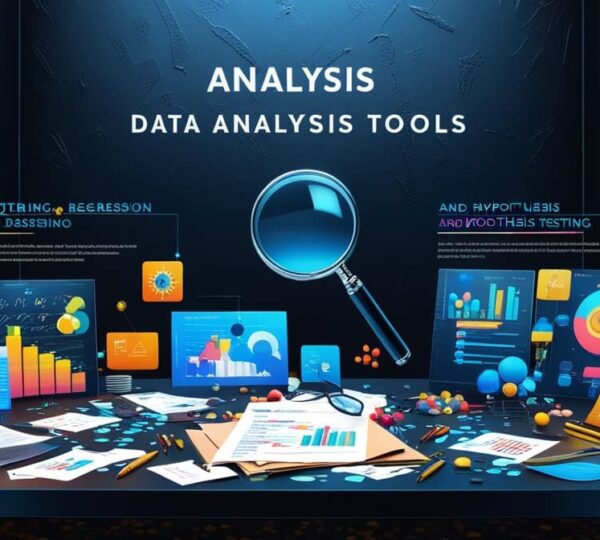
- Data analysis science definition: The study of methods and tools used to process and interpret data for actionable insights.
- Data analysis definition science: The systematic application of scientific principles to evaluate data and extract meaningful information.
The scientific approach to data analysis ensures precision, reproducibility, and reliability, making it an indispensable part of various industries. Ecommerce fulfillment streamlines the process of storing, packing, and shipping products, ensuring fast and efficient delivery to customers.
Big Data Analysis: Definition and Scope
In the era of digital transformation, the volume of data generated daily is staggering. This has given rise to the field of big data analysis, which deals with large, complex datasets that traditional tools cannot handle. A powerful tool for data analysis helps visualize, process, and interpret data, enabling informed decision-making and actionable insights.
- Definition of big data analysis: The process of examining large and varied datasets to uncover hidden patterns, unknown correlations, and other valuable insights using advanced computational methods.
Big data analysis leverages technologies such as machine learning, artificial intelligence, and cloud computing to manage and analyze massive datasets efficiently. It is widely used in industries like healthcare, finance, marketing, and technology.
Tools for Data Analysis: Definition and Importance
Data analysis tools are software or platforms that help users process and interpret data effectively. These tools vary in complexity, catering to different levels of expertise and requirements.
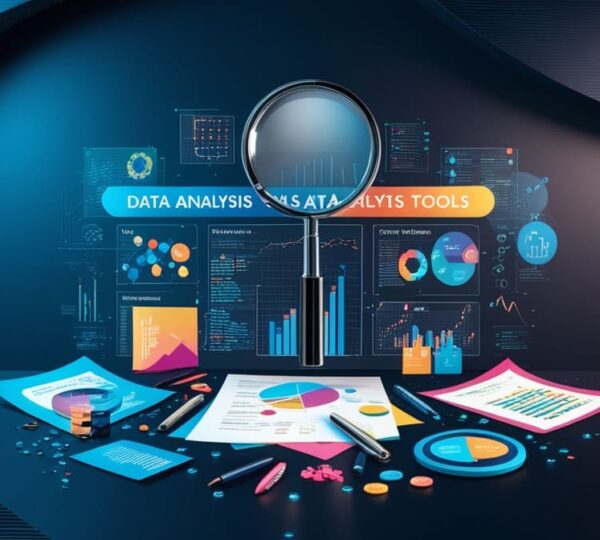
- Data analysis tools definition: Software applications or platforms used to process, interpret, and visualize data for extracting meaningful insights.
Popular data analysis tools include Excel, Python, R, Tableau, and Power BI. These tools enable analysts to automate processes, visualize data, and apply advanced analytical techniques, making data analysis more accessible and efficient.
Practical Applications of Data Analysis
The scope of data analysis extends across various industries and applications:
1. Business Decision-Making
Businesses use data analysis to optimize operations, understand customer behavior, and make informed decisions. By analyzing sales data, companies can identify trends, forecast demand, and improve profitability.
2. Scientific Research
In scientific research, data analysis helps validate hypotheses, ensure data integrity, and derive conclusions. It is integral to fields like biology, physics, and social sciences.
3. Healthcare
Data analysis in healthcare enables better diagnosis, personalized treatment, and improved patient outcomes. Big data analysis, in particular, is transforming healthcare by predicting disease outbreaks and optimizing resource allocation. Back office services provide essential support tasks like data entry, payroll, and HR, ensuring smooth operations for businesses.
4. Marketing
Marketers use data analysis to understand consumer behavior, measure campaign effectiveness, and personalize customer experiences. Tools like Google Analytics and CRM systems are invaluable in this domain.
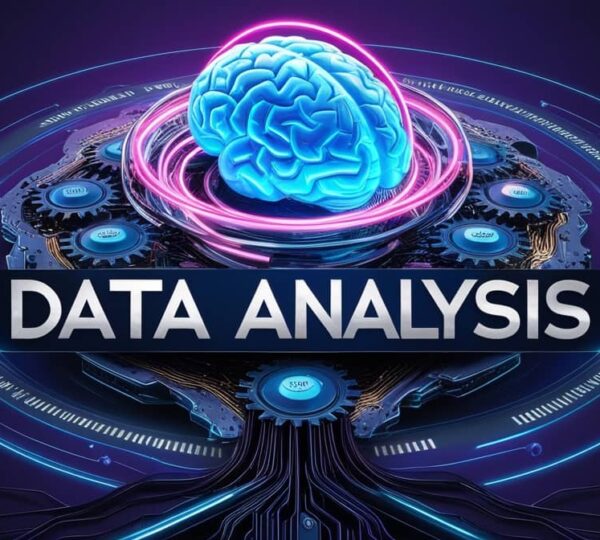
5. Education
In education, data analysis is used to evaluate student performance, improve teaching methods, and optimize administrative processes.
Data analysis is a multifaceted discipline that serves as the backbone for decision-making and innovation across industries. Understanding its various definitions—from the definition of data analysis to exploratory data analysis definition and definition of big data analysis—is essential for anyone looking to harness its potential. By leveraging the right tools and methodologies, data analysis can unlock new opportunities and drive success in any field.
At Rapid Phone Center, we are committed to empowering individuals and organizations with the knowledge and tools needed to excel in data analysis. Whether you are a beginner or an expert, this guide provides a solid foundation to navigate the complex world of data analysis.
Frequently Asked Questions
Explore Rapid Phone Center’s Frequently Asked Questions for clear insights into the definition of data analysis and its applications. AI customer service leverages artificial intelligence to provide quick, efficient support, enhancing customer experiences and streamlining service operations.
What is the definition of data analysis?
Data analysis refers to the process of inspecting, cleaning, transforming, and interpreting raw data to discover useful information, draw conclusions, and support decision-making. It involves applying statistical, computational, or machine learning techniques to extract meaningful patterns and insights from data.
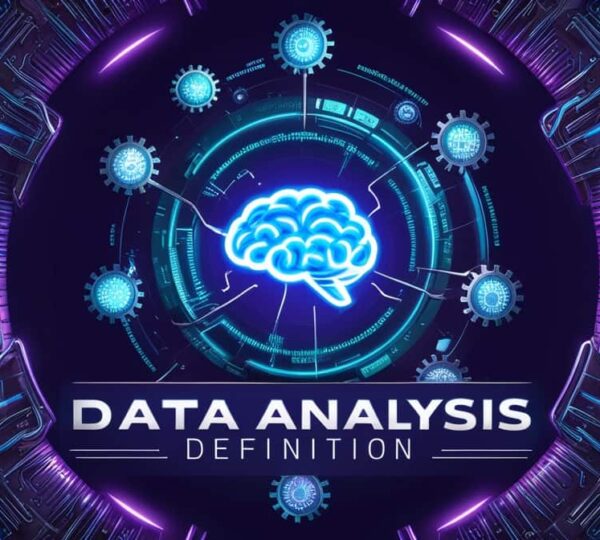
Why is data analysis important?
Data analysis is crucial because it helps organizations and individuals make informed decisions. By understanding trends, patterns, and relationships in data, businesses can improve processes, optimize strategies, and predict future outcomes, leading to better overall performance and results.
What is the difference between data analysis and data analytics?
Data analysis focuses on examining raw data to find patterns and insights, often using statistical methods. Data analytics is a broader term that includes data analysis, predictive modeling, and decision-making processes, often powered by advanced technologies like machine learning and artificial intelligence.
What is an example of data analysis?
An example of data analysis could be a company analyzing customer purchase data to identify top-selling products and understand buying trends. By interpreting this data, the company can make strategic decisions, such as stocking popular items or targeting specific customer segments with promotions.
You might also find our article intriguing:
Good Luck to You





